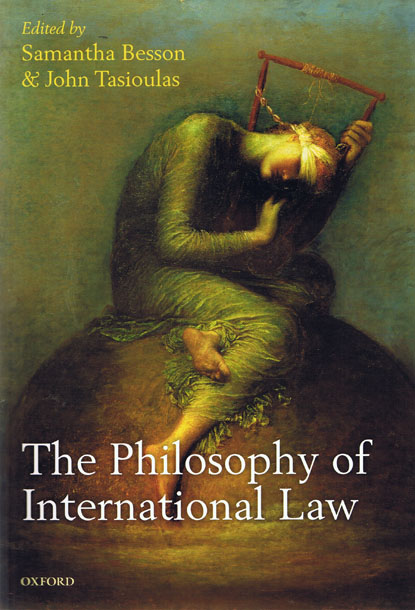
International law has recently emerged as the subject-matter of an exciting new field of philosophical investigation. The Philosophy of International Law contains 29 cutting-edge essays by leading philosophers and international lawyers, all published here in English for the first time, that address the central philosophical questions about international law.
The volume's overarching theme is the moral and political values that should guide the assessment and development of international law and institutions. Some of the essays tackle general topics such as the sources and legitimacy of international law, the nature of international legal adjudication, whether international law can or should aspire to be 'democratic', and the significance of state sovereignty.
The other contributions address philosophical problems arising in specific domains of international law, such as human rights law, international economic law, international criminal law, international environmental law, and the laws of war.
This volume is the most up-to-date and comprehensive treatment of the philosophy of international law in existence. It is also distinguished by its 'dialogical' methodology: there are two essays on each topic, with the second author engaging with the arguments of the first. It is an invaluable resource for anyone seeking a deeper understanding of the nature and value of international law.